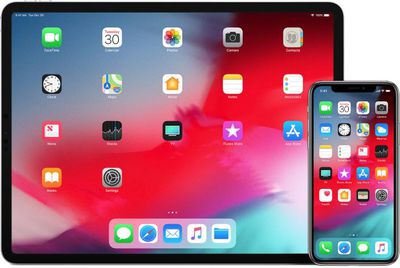A vulnerability in WiFi chips made by Cypress Semiconductor and Broadcom left billions of devices susceptible to an attack that allowed nearby attackers to decrypt sensitive data sent over the air.

The security flaw was detailed at the RSA security conference today (via Ars Technica), and for Apple users, the issue was addressed in the iOS 13.2 and macOS 10.15.1 updates that were released back in late October.
Dubbed Kr00k, the WiFi chip flaw caused vulnerable devices to use an all-zero encryption key to encrypt part of a user's communications. When applied successfully, the attack let hackers decrypt some wireless network packets sent by a vulnerable device. As described by Ars Technica:
Kr00k exploits a weakness that occurs when wireless devices disassociate from a wireless access point. If either the end-user device or the access point is vulnerable, it will put any unsent data frames into a transmit buffer and then send them over the air. Rather than encrypt this data with the session key negotiated earlier and used during the normal connection, vulnerable devices use a key consisting of all zeros, a move that makes decryption trivial.
Chips from Broadcom and Cypress are used in many modern WiFi devices like smartphones, laptops, Internet of Things products, WiFi access points, and routers.
Our tests confirmed that prior to patching, some client devices by Amazon (Echo, Kindle), Apple (iPhone, iPad, MacBook), Google (Nexus), Samsung (Galaxy), Raspberry (Pi 3), Xiaomi (RedMi), as well as some access points by Asus and Huawei, were vulnerable to KrØØk. This totaled to over a billion Wi-Fi-capable devices and access points, at a conservative estimate. Further, many other vendors whose products we did not test also use the affected chipsets in their devices.
According to ESET Research, which published details on the vulnerability, it was disclosed to Broadcom and Cypress along with potentially affected parties. At this time, patches for devices from most major manufacturers have been released.
ESET Research recommends making sure all of the latest updates have been applied to WiFi capable devices to patch the vulnerability.






















